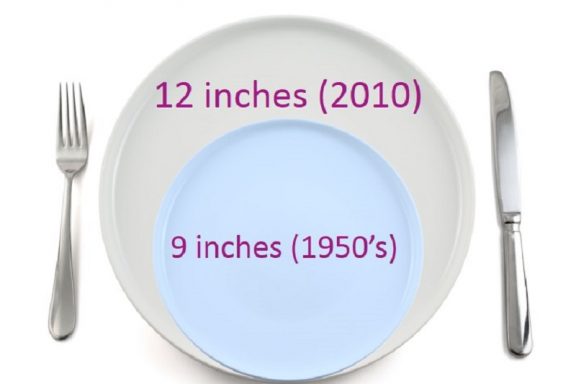When you take your first steps towards losing weight you can be very motivated and keen which is great for getting started. At this time it is extremely important to set realistic weight management goals. Often people make the mistake of trying to achieve too much too quickly by setting unrealistic goals—in both what they can achieve and how well they comply with their weight reduction program. The danger of this is that if you don’t meet your own unrealistic expectations you can be disheartened and lose your motivation and maybe even quit.
Set yourself goals that will help you to succeed by using the SMART concept. This is a great structure
that you can use for setting goals of any type and is ideal for keeping your weight management on
track.
SPECIFIC – set goals that are clear on what you expect and unambiguous. For example instead of “I will drink more water”, be specific and say “I will drink 500mL of water before each meal”. When choosing a weight loss goal, remember that 5-10% weight loss has significant health benefits – so start with a modest weight loss goal.
MEASURABLE – choose definite criteria for measuring progress towards your goal. This will help you to stay on track and drive you to continue to make efforts towards reaching your goal.
ACHIEVABLE – it is very important to set goals that are neither out of your reach nor below standard performance both of which are meaningless.
RELEVANT – choose goals that matter to the bigger picture of losing weight and better health.
TIME RELATED – giving goals a target date or time frame helps to focus your efforts. This sense of urgency should be an incentive to eliminate procrastination and excuses. “I will walk 10,000 steps per day” provides a daily goal and time frame that drive you to being more active each day. “I will walk more often” – is a vague hope that may be postponed to tomorrow.




